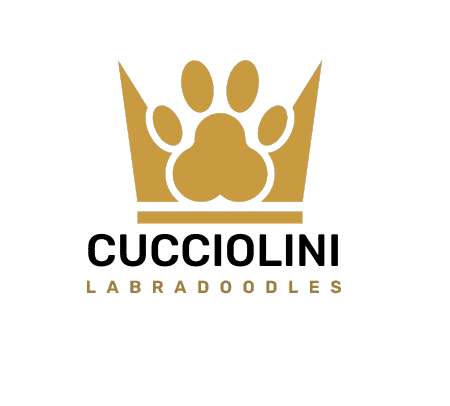Apply
Please fill out an application to express interest and to determine if we can accommodate your request for a Labradoodle puppy.
Process
At Labradoodles by Cucciolini, we pride ourselves in making the process of finding your perfect pup a breeze with our six-step process.
Pricing
At Cucciolini Labradoodles, our adoption pricing is carefully accessible and inclusive for anyone who desires a Labradoodle puppy.

